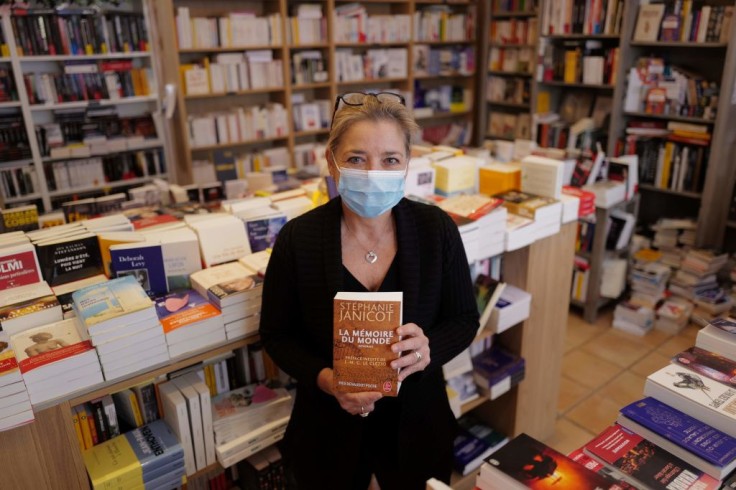
A Florida school district lawsuit is moving forward after it has been granted approval from a federal judge as part of the larger book ban controversy. This certain school in Florida turns out to have removed numerous books from their library shelves that discuss topics about the race and gender of the LGBTQ+ community.
For the past year until now, due to a larger Republican domination in Florida, the state has implemented bans on more conservative laws and restrictions in schools and on children in order to protect them.
However, some of these were met with immense backlash as they restricted significant and vital topics that young children needed to learn, such as race, gender, history, and sex education.
This pushed for First Amendment rights in schools and became a flashpoint in the national debate over educational content and free speech.
Florida School District Lawsuit
In a recent decision served in Pensacola, Florida, by U.S. District Judge T. Kent Wetherell II, he has officially granted the request of PEN America, Penguin Random House, numerous banned authors, and a group of parents to pursue their claims of free expression under the First Amendment against the Escambia County School District.
They were granted the right to pursue claims against the free speech of the First Amendment; however, the claims under the 14th Amendment's Equal Protection Clause were crossed out by the judge.
Attorney Lynn Oberlander stated she, along with everyone else, is grateful and excited to move forward to continue to protect the constitutional rights of the plaintiffs. She added that books cannot just be removed from shelves because a few people have opposing values.
The lawsuit that is going to move forward is filed against Escambia County School District and its School Board for removing 10 books from their library shelves and violating the free speech of the First Amendment. This would establish a precedent that is problematic for the freedom of expression and educational material in schools today.
Nature of the Book Ban Controversy
Central to this Florida school district lawsuit is the accusation that the book removals were influenced by objections from a single language arts teacher in the county.
The lawsuit against the Escambia County School Board has gained significant attention, particularly because it challenges the board's decision to remove certain books from school libraries. This decision was made even though a district review committee had previously evaluated and approved these books as suitable for educational purposes.
The controversy escalated when it was revealed that the objections to these books were similar to those found on a website known for its stance against books considered ideologically inappropriate for children. This revelation has intensified the debate surrounding the book ban.
Among the removed titles are critically acclaimed works such as "The Bluest Eye" by Toni Morrison and "The Perks of Being a Wallflower" by Stephen Chbosky. Furthermore, the school board is currently reviewing over 150 additional books, raising concerns about the extent of potential censorship.
Broader Implications on First Amendment Rights in Schools
This lawsuit holds significant implications for First Amendment rights in schools, extending beyond the local controversy to a national level.
Although Florida Governor Ron DeSantis is not a direct party in this case, the policies endorsed by his administration regarding book restrictions in educational settings reflect broader cultural and political divides influencing this issue.
The outcome of this lawsuit could establish a critical precedent in how First Amendment protections are applied in educational contexts, potentially making it a landmark case with a wide-reaching impact.
To date, the Escambia County School District has not publicly responded to the lawsuit, leaving educators, legal experts, and the public awaiting further developments.
The case is being closely monitored, as its resolution could significantly influence the ongoing dialogue about educational content control and literary freedom across the United States.
As the situation unfolds, this Florida school district finds itself at the center of a national conversation, with the potential to affect the future landscape of education in America.